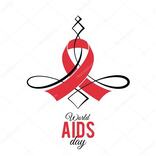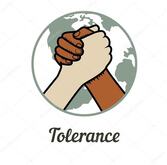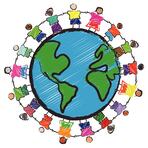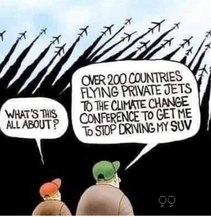
So what is HIV ?
HIV is the human immunodeficiency virus which attacks the blood cells and makes a person more vulnerable to other infections and diseases. It is spread by contact with certain bodily fluids of a person with HIV, most commonly during unprotected sex (sex without a condom). It can’t really be cured, but if a person just gets the HIV, she can take medicines to slow down the virus.
Most of the time, people think that they can’t get the HIV, it’s not their problem but the thing is, it’s the problem of everyone. If two people have unprotected sex together for the first time without knowing the sexual past of each other, it can be dangerous. I mean everyone should be aware of this topic and protect themselves. We hear to many people say that if their partner doesn’t have the HIV, they don’t need to test themselves BUT that’s not the good way to think.
Indeed, at the beginning there is no symptoms, so take your partner with you and go to test yourselves together in a hospital, or a family center, most of the time it’s anonymous and for free.
Furthermore, if you feel that something is going wrong in your genital parts don’t be ashamed of going to a doctor who could help you to know what you have. If you have a sexually transmitted disease don’t forget to tell your partner. Moreover, don’t blame yourself and your partner neither because you have this illness. Your partner would feel guilty while it’s not his/her fault neither yours.
Don’t forget to protect yourself!




